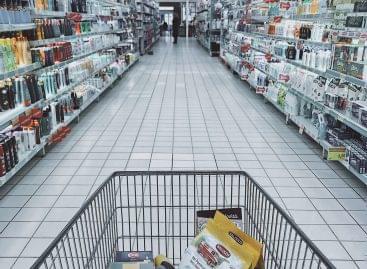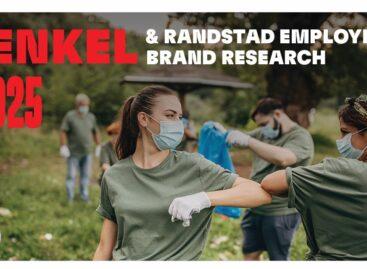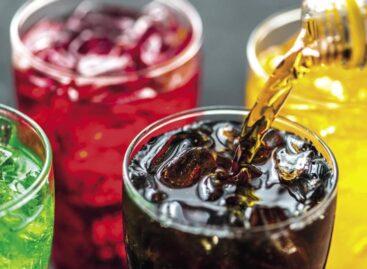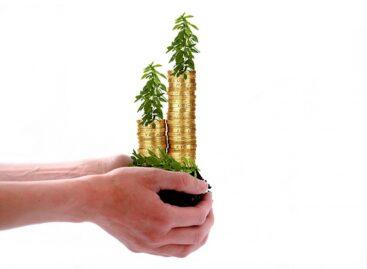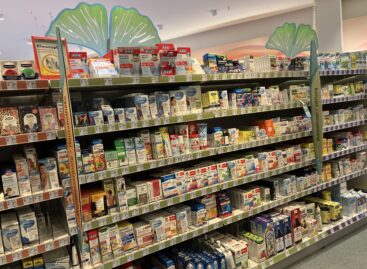Consumption in a crisis period
In recent years, we have been hit by crises one after another, the effects of which can also be felt in everyday life: something is not available in the store, or it is only significantly more expensive than what we are used to. How does the consumer behave in this economic environment? Do you go on a spending spree to accumulate what and while you still can, or do you prefer to save? Reacty Digital’s comparative research spanning two years examined this question.
According to KSH data, the average annual inflation in 2022 was 14.5 percent, within which food prices increased the most (by 26 percent) compared to the previous year.
“Hungarian consumers perceive this directly during their purchases, the majority of them experience it very negatively, and because of this, various saving habits have become widespread even in social circles where this was less typical before.”
– summarizes Péter Szeles, managing director of Reacty Digital.
Related news
Fiatalok az agrár-élelmezési szektorban a FAO kutatása szerint
The Food and Agriculture Organization of the United Nations (FAO)…
Read more >What makes us add the product to the cart – research
The latest joint research by PwC and Publicis Groupe Hungary…
Read more >Henkel Hungary: Career, values, timeless trust
One of the world’s most comprehensive employer brand research studies,…
Read more >Related news
WHO: They urge a 50 percent price increase for tobacco, alcohol and sugary drinks
The World Health Organization (WHO) is calling for the prices…
Read more >Eurozone economic growth accelerated in June
The eurozone’s economic performance accelerated in June, according to the…
Read more >This is how drug prices are changing: the government introduced price restrictions
The Ministry of National Economy’s price restrictions on medicines came…
Read more >

